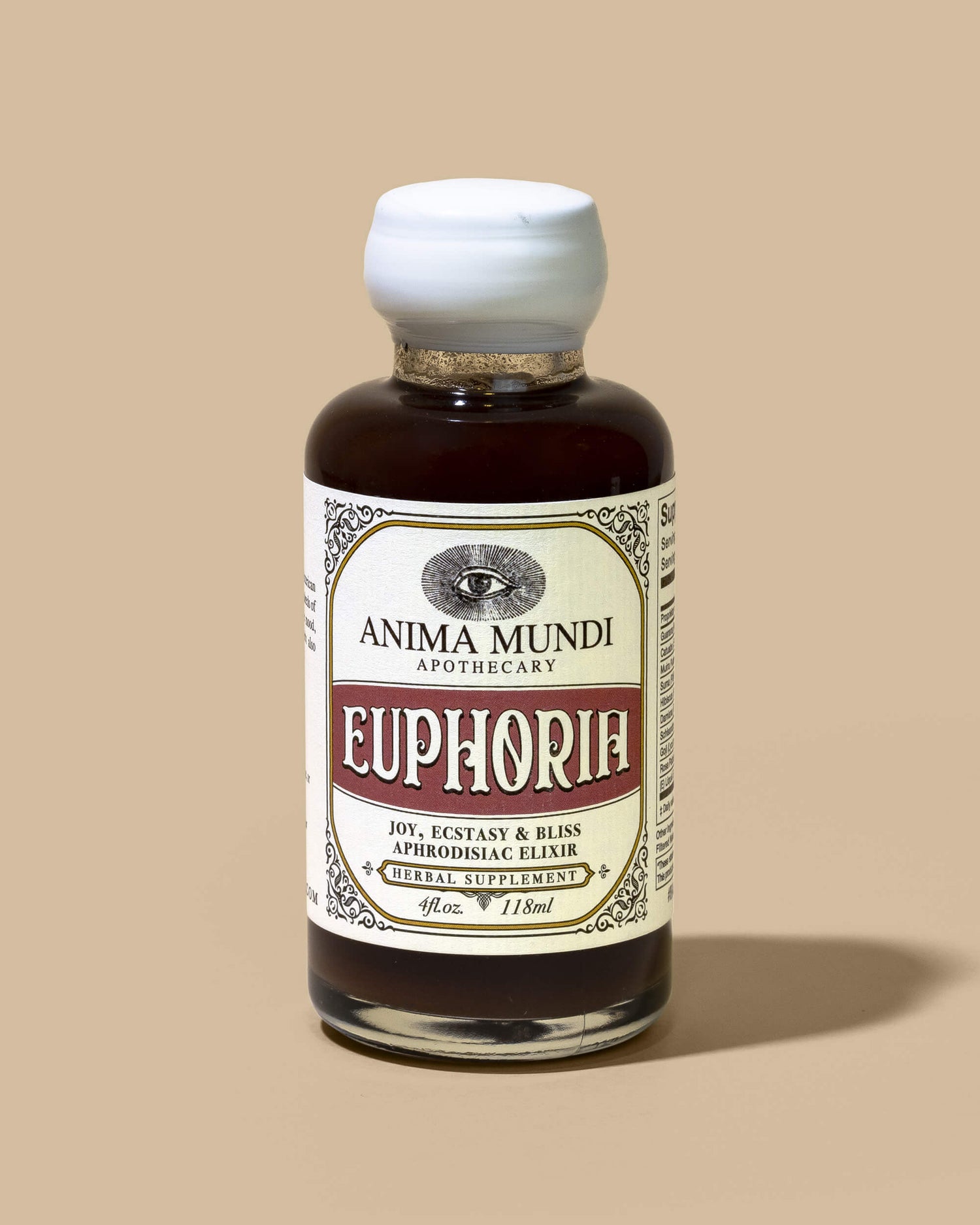Detoxing with herbal medicine is an ancient process that dates back as far as written history can inform us, predating Roman, Greek, Native American, Indian, and Rainforest Tribal cultures. When viewed through a cultural lens, detoxing becomes less of an opportunity to lose weight and more of a tool for spiritual cleansing and purification. Many cultures throughout time have considered fasting a devotional act, prized for its sacred ability to connect the mind and body to the Universal way.
For instance, many native rain-forest cultures have long practiced traditions heavily based on herbal dietas, limpias, and plant medicine ceremonies. Here are a few examples:
Dietas
Dietas are strict herbal and food diets that can go for seven-plus days, up to months, or even years. These diets are meant to cleanse the body from toxic stagnation, emotional imbalance, and spiritual confusion. Many traditional procedures require these herbal diets to be done in isolation or with very limited sensorial stimulation to really dive deep and get down to the core. The meal plan is very simple—usually free of sugar, salt, oil, gluten, fermented foods, dairy, meat, and alcohol.
Limpias
Limpias are essential emotional and spiritual cleanses that use fresh herbs in baths and smudges. (For a simplified, modern-day cleanse, keep reading for our summer foot bath recipe using cooling essential oils). Specific fresh herbs and flowers are used for specific people depending on the condition they are looking to heal, whether it's a broken heart, trauma, or physical pain.
Plant Medicine Ceremonies
Our ancestors relied on nature for all their needs; fresh plants, flowers, and berries composed their daily medicinal routines. For this reason, traditional tonic herbs and superfoods still have a special place within most cleansing regimes. This basic connection to our source grants us the power to heal ourselves and thrive.
As we consider herbs to help us detox, debloat and cleanse our minds and bodies, it’s important to remember that detoxing is a very personal experience. It requires you to dive within the deepest parts of yourself and demolish all toxic waste—physical and metaphysical. As such, it should always be done with care, respect, and understanding. For more about the deeper meaning of detox and additional examples of ancient herbal cleanses, keep reading here.

 The natural rhythm of summer brings infinite possibilities for new beginnings. With autumn inching its way into our consciousness—back to school, back to work, back to packed schedules for so many of us—there’s a nostalgic mourning of the freedom of the warmer months coming to a close, often long before it’s even here. During this time, how many of us are susceptible to premature worrying and anxiety about the future? How often do we look back at our summers and think we could have savored more in the moment? Great uncertainty is common in July and August, but now is a wonderful time to calmly prepare our minds and bodies for the changing of the seasons.
The natural rhythm of summer brings infinite possibilities for new beginnings. With autumn inching its way into our consciousness—back to school, back to work, back to packed schedules for so many of us—there’s a nostalgic mourning of the freedom of the warmer months coming to a close, often long before it’s even here. During this time, how many of us are susceptible to premature worrying and anxiety about the future? How often do we look back at our summers and think we could have savored more in the moment? Great uncertainty is common in July and August, but now is a wonderful time to calmly prepare our minds and bodies for the changing of the seasons.
This can look like making space for our creative pursuits and manifesting what we want in the upcoming cooler months, reviewing and renewing habits to make an inspired commitment to our overall wellness, and setting the foundation for receiving abundance in all forms by “cleansing” and “detoxifying” internally (mind and body) and externally (physical and energetic spaces). While the negative connotations of present-day detoxes carries a heavy stigma, this is perhaps a misunderstood approach to what cultures around the world have practiced for millenia for the well-being of the individuals and collectives who suffered from diverse ailments and all sorts of built-up excess.
This week, we’re taking the “toxic” out of detoxing! Contrary to popular belief, detoxing is not today’s solution to a toxic world, but rather an ancestral practice that has been supported by modern scientific research indicating that plants do indeed support the body’s built-in detoxification systems. With the old and the new wisdom as their guides, herbalists today help to nurture these internal cycles without the harshly depleting detoxes that have come into popularity in recent years. Our herbalists have compiled a list of herbs to debloat, keeping in mind the impact of “heatwave belly” and high temperatures on our gut and other vital organs. All over the world, record temperatures are soaring, so we’re offering this brief guide to herbs that promote better health and combat bloating, upset stomach, and much more.

Peppermint (Menta piperita)
Well known for its soothing properties for the digestive system, peppermint can also help relax the muscles of the gastrointestinal tract, reducing bloating and gas. Research has shown that its health benefits include supportive abilities like helping with IBS and gut spasms, improving digestion, relieving headaches, and easing muscle pain, among many other mental and physical applications for improving our well-being. And peppermint essential oil offers instant relief from excess heat when inhaled, making it a great addition to your diffuser to cool off any inside space.
Ginger (Zingiber officinale)
Nature’s ultimate germ, virus, and bacteria buster! Used for centuries to aid digestion, this powerful root also has carminative properties, meaning it can help relieve gas and bloating. Not only does ginger keep your mouth healthy, it also calms nausea, soothes aching muscles, eases the symptoms of arthritis, and can curb the growth of cancer. Additionally, less period pain/menstrual cramps, lower cholesterol, indigestion, and disease prevention—especially high blood pressure, lung, and heart diseases—makes ginger one of the most effective superfoods on the planet.
Fennel (Foeniculum vulgare)
Fennel seeds are often used as a digestive aid. They also have a carminative effect and can help relax the gastrointestinal muscles. Herbalist tip: chew on fennel seeds after a meal to reduce bloating. Fennel’s bonus medicinal properties include improving immune stomach and gut discomfort, easing menstrual pain, PMS and menopause symptoms, and improving both mood and skin health.
Chá de Bugre (Cordia salicifolia)
Believed to have properties that can help with bloating due to its potential diuretic effect as well as its ability to help fat metabolism, this tree produces a red fruit resembling a coffee bean. Often roasted and brewed as a tea, Chá de Bugre can also serve as a coffee substitute, hence its “cafe do mato” or “coffee of the woods” nickname. In Brazil, many diet pills and other weight loss aids employ Chá de Bugre because it is said to treat cellulite, fluid retention (edema), gout, cancer, herpes, viral infections, fever, and diseases of the heart and blood vessels. Also used to improve blood circulation and heart function, this healing herb is mostly found in Argentina and Paraguay’s tropical forests.
Cranberry (Vaccinium macrocarpon)
Research has indicated that cranberries can contribute to promoting digestive health. They are abundant in fiber, which can alleviate symptoms of bloating and constipation. Cranberries help eliminate toxins from the body by detoxing the liver. The liver, which is the largest internal organ in your body, works to support digestion and break down foods that enter your body. According to nutrition specialist Ann Louise Gittleman, Ph.D., author of The Fast Track Detox Diet, healthy liver function is essential to flushing toxins from the body, as the liver must distinguish between nutrients that need to be absorbed in the body and toxins that must be eliminated from the blood. The high antioxidant levels of cranberries assist the liver in its detoxification processes.
Chamomile (Matricaria chamomilla)
This well-known flower is considered good for reducing bloating due to its anti-inflammatory properties and its relaxing effects on the digestive system. In clinical studies, a blend of chamomile and apple pectin was shown to reduce both the severity and duration of symptoms of diarrhea. Herbalists have traditionally employed chamomile for diverse conditions, ranging from insomnia to inflammation, granting it “star status” among modern-day conventional practitioners and natural medicine professionals alike. More research is needed to solidify some of its promising abilities to reduce and relieve symptoms of IBS, inflammation, and other bloat-inducing health issues.
Dandelion Root (Taraxacum officinale)
Dandelion stimulates bile production and promotes healthy liver function, which may help reduce bloating and improve overall digestive comfort. Believed to strengthen stomach and bowel movements, it’s no surprise that the root may also help alleviate cramps and absorb nutrients to support regular bowel movements and urination. In herbal medicine, its efficacy is among the most widely respected and employed, thanks to its potent actions on healthy digestive functioning.
Garcinia Cambogia (Garcinia cambogia)
A large green anti-inflammatory fruit that supports metabolism and sluggish digestive systems, which helps with constipation and bloating. Known for its weight-loss action claims, Garcinia cambogia may not only prevent obesity, lower cholesterol, and triglycerides, this fruit’s extracts also boost the immune system and help prevent ulcers. Hydroxycitric acid (HCA) and lactone, the plant’s main components, also give it the potential to reduce appetite, weight, and fat accumulation.


















